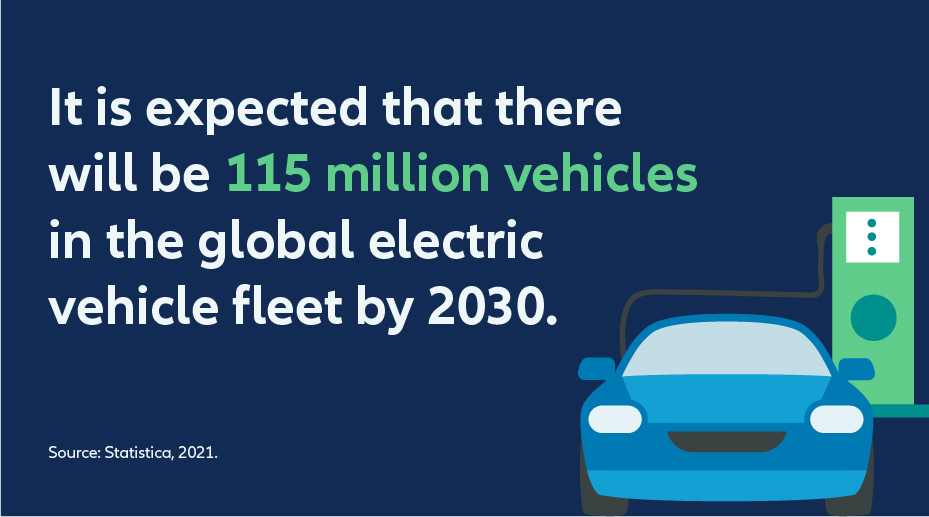Urbanisation has caused a shift towards inter-urban travel. People’s mindsets are changing to see travel as a service because of the ever increasing options to choose, whether that’s a car, train or bike.
The pandemic has certainly emphasised the ‘travel as service’ notion, and people are taking less mass transportation methods and are using private vehicles more.








